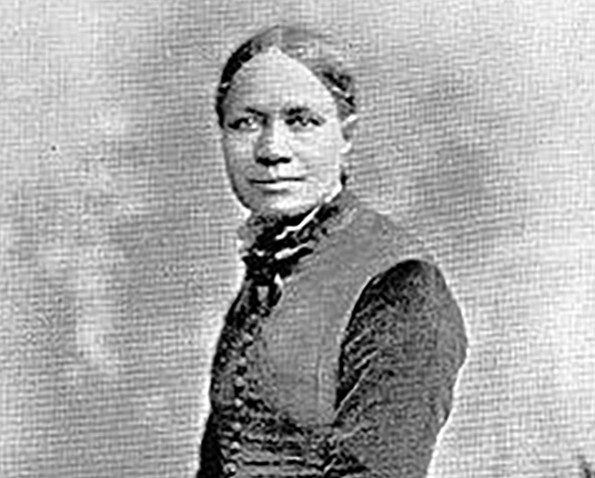We celebrate Labor Day, the first Monday in September, as the end of summer, and the return to work or school. But how did it come to be? Labor Day is a creation of the labor movement and is dedicated to the social and economic achievements of American workers. It was established in 1894 as a holiday to pay tribute to the contributions workers have made to the strength, prosperity, and well-being of this country.
In today’s Thoughtful Thursday we feature poems about the American worker from three celebrated poets: Langston Hughes, known for his moving and insightful depictions of Black America, award-winning Dominican American poet Rhina Espaillat, and Walt Whitman, who is regarded as one of America’s most significant 19th century poets. Great poets for you and your sons to enjoy as you celebrate Labor Day!
Brass Spittoons
Clean the spittoons, boy.
Detroit,
Chicago,
Atlantic City,
Palm Beach.
Clean the spittoons.
The steam in hotel kitchens,
And the smoke in hotel lobbies,
And the slime in hotel spittoons:
Part of my life.
Hey, boy!
A nickel,
A dime,
A dollar,
Two dollars a day.
Hey, boy!
A nickel,
A dime,
A dollar,
Two dollars
Buy shoes for the baby.
House rent to pay.
Gin on Saturday,
Church on Sunday.
My God!
Babies and gin and church
And women and Sunday
All mixed with dimes and
Dollars and clean spittoons
And house rent to pay.
Hey, boy!
A bright bowl of brass is beautiful to the Lord.
Bright polished brass like the cymbals
Of King David’s dancers,
Like the wine cups of Solomon.
Hey, boy!
A clean spittoon on the altar of the Lord.
A clean bright spittoon all newly polished—
At least I can offer that.
Com’mere, boy!
Langston Hughes
Find Work
I tie my Hat—I crease my Shawl—
Life’s little duties do—precisely
As the very least
Were infinite—to me—
—Emily Dickinson, #443
My mother’s mother, widowed very young
of her first love, and of that love’s first fruit,
moved through her father’s farm, her country tongue
and country heart anaesthetized and mute
with labor. So her kind was taught to do—
“Find work,” she would reply to every grief—
and her one dictum, whether false or true,
tolled heavy with her passionate belief.
Widowed again, with children, in her prime,
she spoke so little it was hard to bear
so much composure, such a truce with time
spent in the lifelong practice of despair.
But I recall her floors, scrubbed white as bone,
her dishes, and how painfully they shone.
Rhina Espaillat
I Hear America Singing
I hear America singing, the varied carols I hear,
Those of mechanics, each one singing his as it should be blithe and strong,
The carpenter singing his as he measures his plank or beam,
The mason singing his as he makes ready for work, or leaves off work,
The boatman singing what belongs to him in his boat, the deckhand
singing on the steamboat deck,
The shoemaker singing as he sits on his bench, the hatter singing as he stands,
The wood-cutter’s song, the ploughboy’s on his way in the morning, or
at noon intermission or at sundown,
The delicious singing of the mother, or of the young wife at work, or of
the girl sewing or washing,
Each singing what belongs to him or her and to none else,
The day what belongs to the day—at night the party of young fellows,
robust, friendly,
Singing with open mouths their strong melodious songs.
Walt Whitman






Leave A Comment